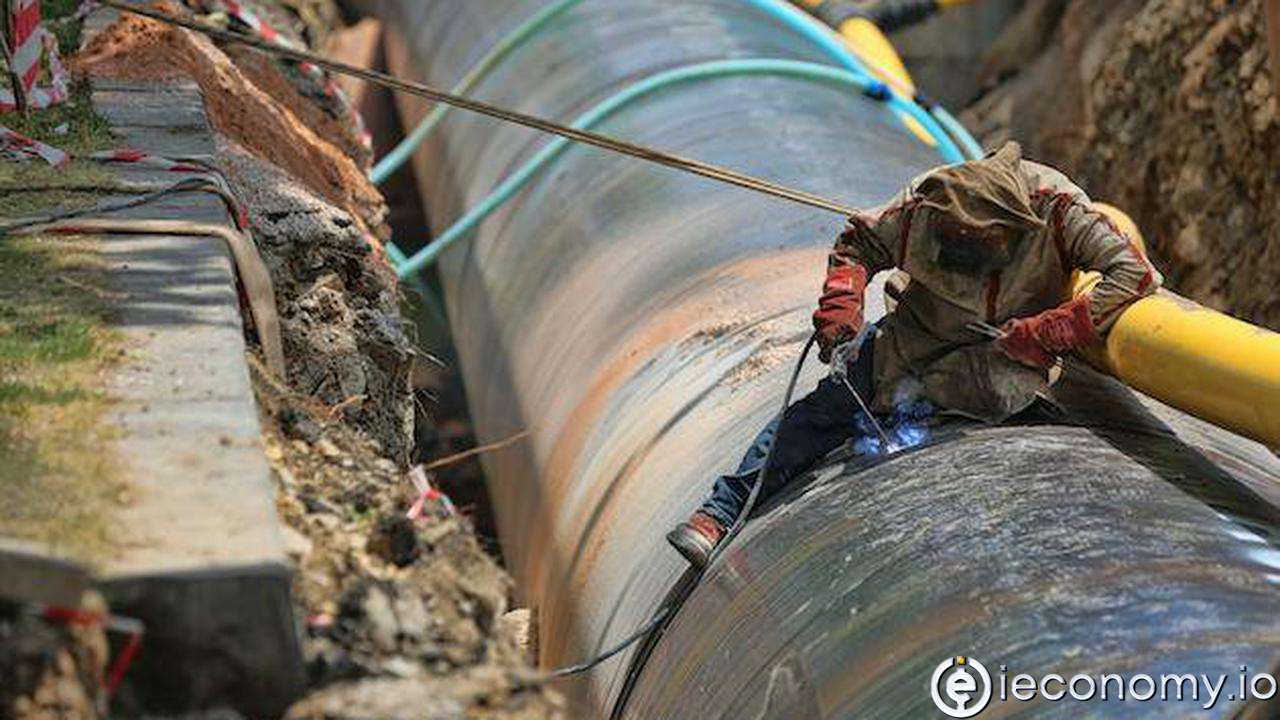1814
0
European gas prices continue to rise this week
European gas prices continue to rise this week. The pipeline will probably not be put into operation this year.

Yazar: Tom Roberts
Yayınlanma: 20 Kasım 2021 03:27
Güncellenme: 3 Mart 2026 00:09
European gas prices continue to rise this week
European gas prices continue to rise this week. The market reacted to the decision of the German Energy Authority to suspend the certification of the Nord Stream 2 gas pipeline, while sources from the German government indicated that the pipeline may not be put into operation until March next year. The Federal Network Office on Tuesday announced that it had temporarily suspended the certification of the Nord Stream 2 gas pipeline, which should transport Russian natural gas after the Baltic Sea Day to Germany. The Office justified this by stating that the legal form of the company that will operate the pipeline must comply with German legislation. This means that the consortium based in Switzerland, the current operator, has to set up a subsidiary in Germany that will own and operate the German part of the pipeline. The Office's decision thus significantly reduced the chances that Nord Stream 2 would start supplying more gas to Europe in the near future. As a source from the German government told Reuters, he expects the pipeline not to be put into operation by March 2022. Some analysts believe that this may take even longer, because with the consent of the German authority, the European Commission must give its consent. According to one of Rystad Energy's analysts, the certification process can be completed in April next year at the earliest, and it is possible that it will not be completed until the end of August. He expects the evaluation process from the European Commission to be even stricter. The latest situation has thus affected natural gas prices. The market reacted on Tuesday after the announcement by the German network office, but the price continued upwards on Wednesday. According to Reuters, the European reference gas supply contract rose by 8% on Wednesday to € 101.60 per megawatt-hour (MWh) on Wednesday at the Amsterdam Stock Exchange. The gas price reached its maximum on October 6, when it recorded 155 euros / MWh.İLGİLİ HABERLER





European stocks soared and focus shifted to German retail sales after Powell's speech!

Forex Signal For TRY/USD: Inflation Slowdown in November.

Forex Signal For GBP/USD: Bullish Trend Still Not Breaking While Recovery Continues.

Forex Signal For EUR/USD: Starry US Data Points to Higher Fed Increases.

Forex Signal For BTC/USD: Downside Continues as Bitcoin Recovery Moves Less.
En Popüler Haberler
Yorum Yap
Yorumlar
Henüz yorum yapan yok! İlk yorumu siz yapın...